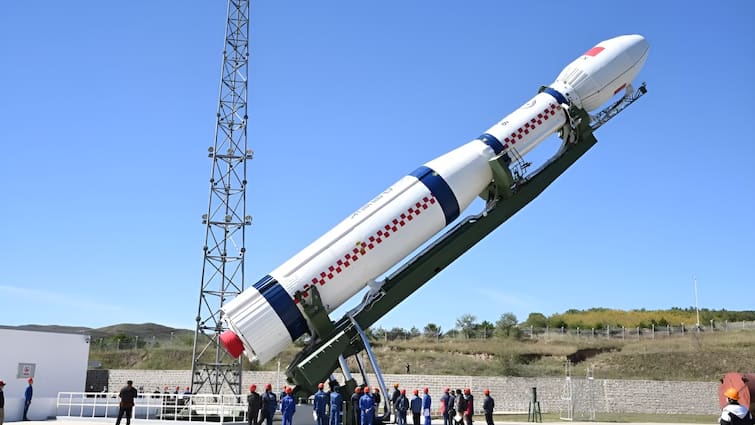Foxconn-Vedanta Deal: A deal was signed in September 2022 between Taiwanese company Foxconn and Indian company Vedanta Group for chip making in Gujarat. After this deal, both did not go even a step ahead before that Foxconn pulled out. The company canceled the deal. This deal was very much discussed, because this news was related to the start of semiconductor or chip manufacturing in India. But the question is, what happened that it failed? Why has the $19.5 billion investment reached a strange kind of anti-climax?
looking for technology partner
Reportedly, Vedanta and Foxconn had teamed up with STMicro to license the technology, but the government made it clear that it wanted the European chipmaker to get more capacity, which would have translated into a stake in the partnership. Is. Finding the right technology partner for a 20–28 nm size chip (the most advanced chips are around 5 nm) was needed in time for Vedanta to move forward, and Foxconn eventually pulled out.
It was decided to end the joint venture
Foxconn says it worked with Vedanta for more than a year for the semiconductor, but they had mutually decided to end the joint venture and that it would remove its name from the unit that is now wholly owned. Is. Vedanta, on its part, said that it is fully committed to its semiconductor fab project. The company said, we have prepared other partners to set up India’s first foundry. We will continue to grow our semiconductor team and we have the license for this. The company says that production-grade technology for 40 nm from a leading Integrated Device Manufacturer (IDM). We will soon get a license for production-grade 28nm as well.
Worry about delay in incentive approval
Vedanta has redoubled its efforts to deliver on the Prime Minister’s vision for semiconductors and India continues to be critical in re-setting the global semiconductor supply chain. There is also news that the concern of the delay in the approval of incentives from the Central Government also played a role in Foxconn canceling this deal (Foxconn-Vedanta Deal). The government has also decided to keep open a $10 billion financial incentive scheme with 50 per cent subsidy on investment for potential applicants to make semiconductors in India.




